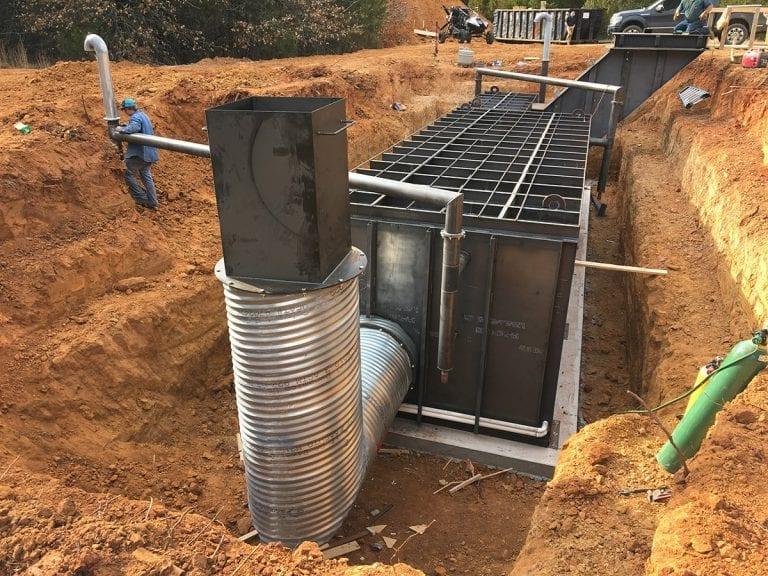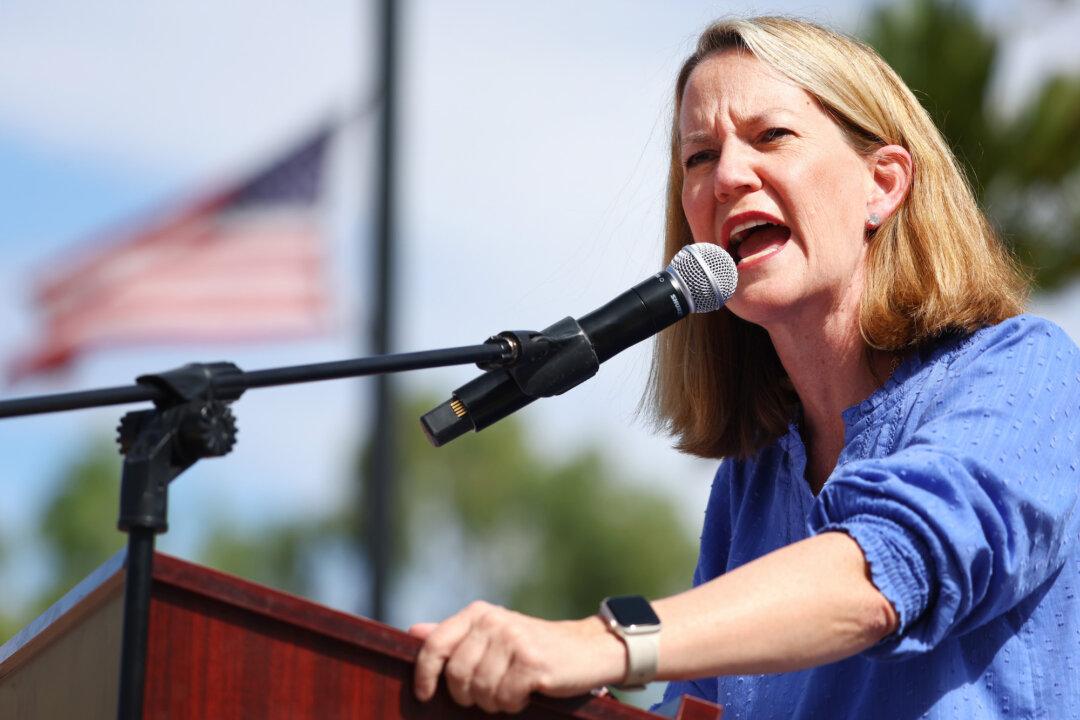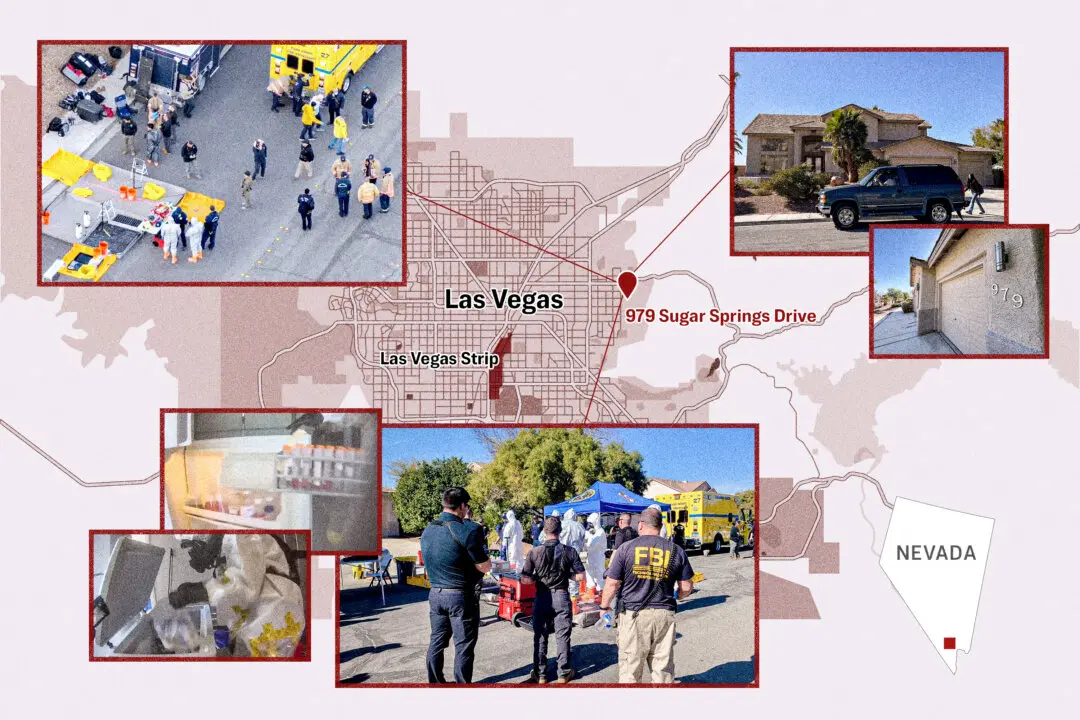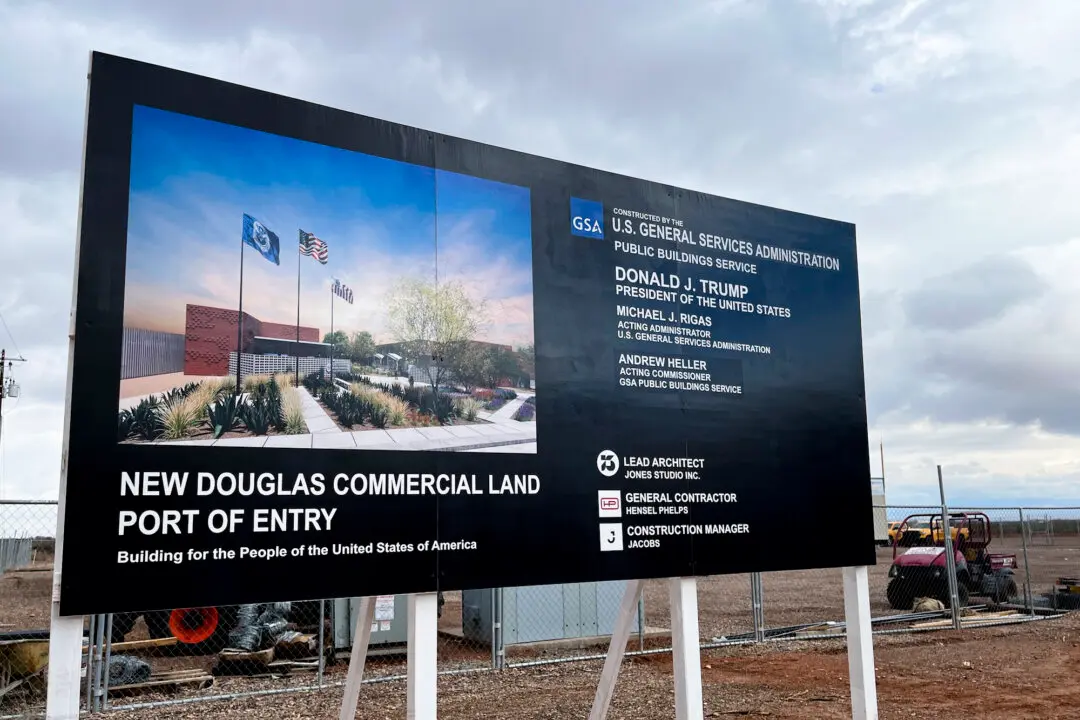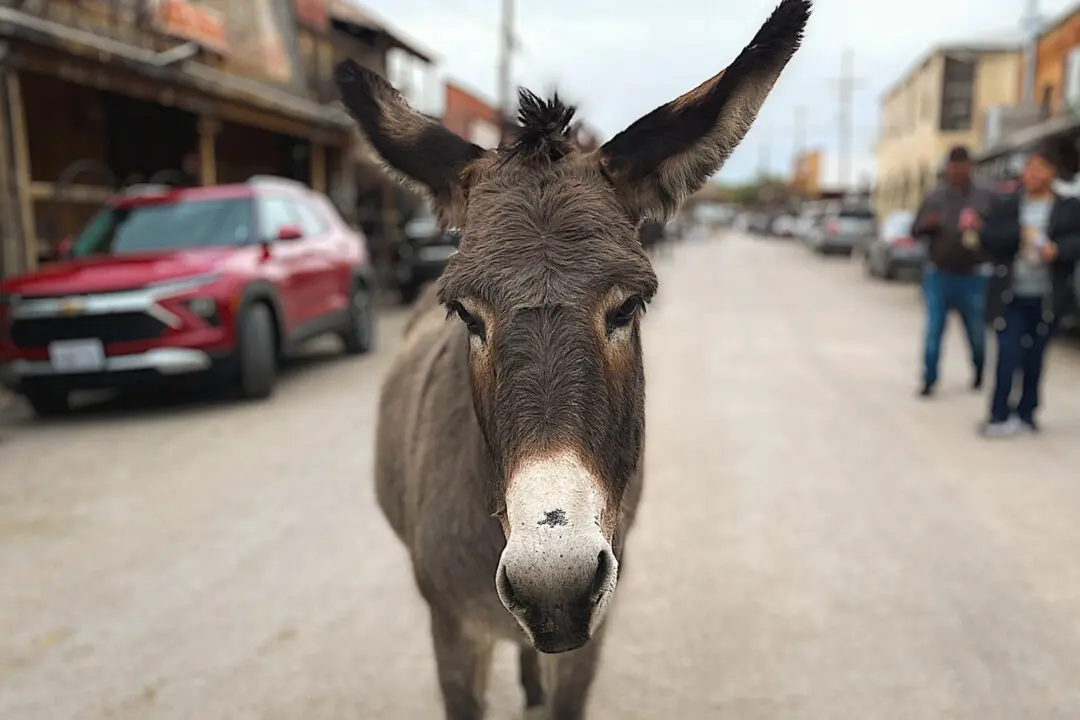Years ago, the neighbors next door would have thought it strange if they saw you building an underground survival shelter in your backyard.
Fast forward to 2021, and it’s not so fringe any more. “Doomsday bunkers” are a booming business, as society as we’ve known it seems to be on the verge of upheaval and collapse.
